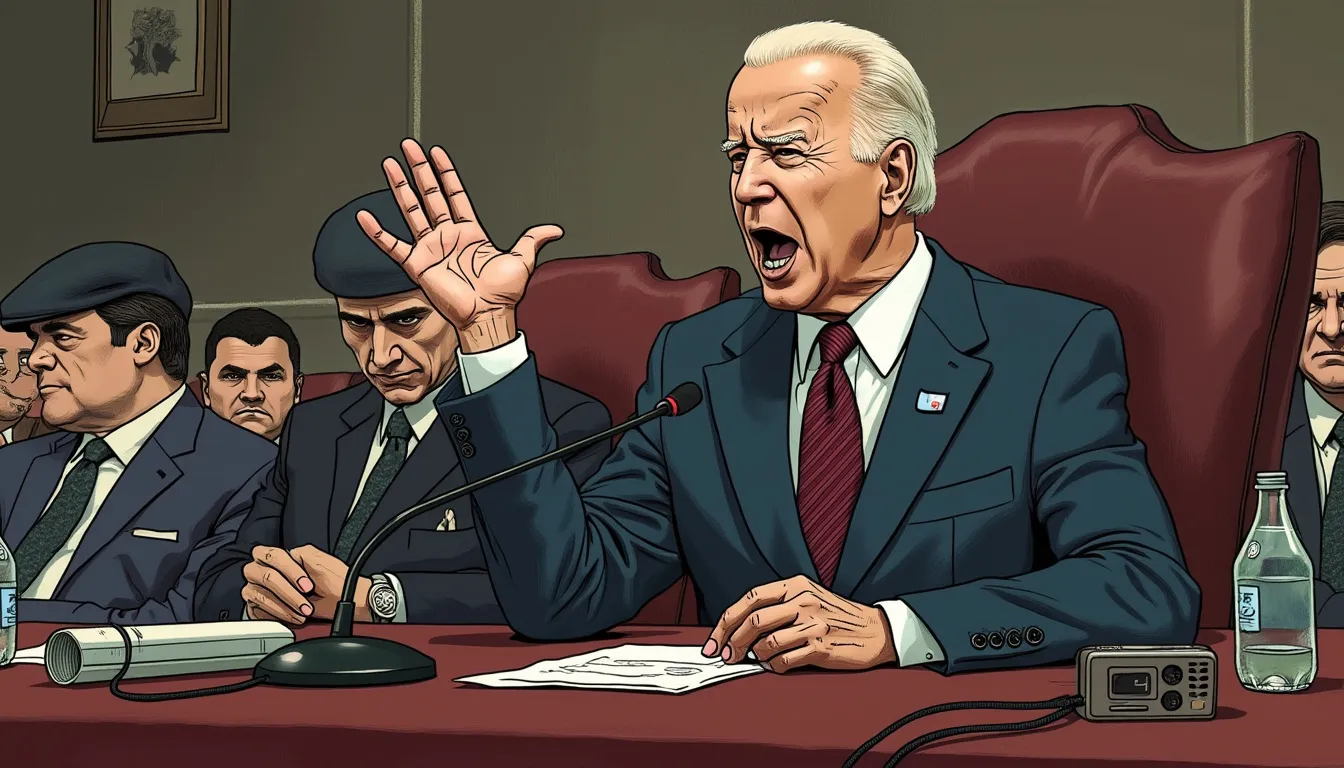
Biden Criticized for His Reaction to Hezbollah Leader’s Death
The recent death of Hezbollah leader Hassan Nasrallah, who was killed in an Israeli airstrike, has sparked a wave of reactions across global political landscapes. President Joe Biden’s response to this significant event, however, has drawn considerable backlash and criticism.
Death of Hassan Nasrallah
Hassan Nasrallah’s death marked a critical moment in the ongoing tensions in the Middle East. As the leader of Hezbollah—a group designated as a terrorist organization by the United States and multiple countries—his demise raises both strategic and humanitarian questions. The Israeli military has long regarded Nasrallah as a key figure in the region’s instability, and his removal has been viewed by some as a potential turning point.
Biden’s Response
In light of Nasrallah’s death, President Biden released a statement that prompted swift criticism. Many viewed his remarks as tone-deaf or insufficient given the intricacies of the situation. Critics argue that the President’s response did not adequately acknowledge Hezbollah’s history of violence and terrorism, nor did it sufficiently express support for U.S. allies in the region.
Criticism of Biden’s Response
Biden’s statement has been met with significant disapproval from various political spectrums. Commentators and lawmakers asserted that the President’s wording failed to confront the gravity of Nasrallah’s role in terrorism and his implications for U.S. foreign policy. This criticism underscores the expectations placed on U.S. leaders to provide unequivocal stances on terrorism and the actions of hostile groups.
Political and International Implications
The fallout from Biden’s response has broader implications for U.S. relations with Israel, Lebanon, and other actors in the region. As the U.S. balances its commitments to allies and its diplomatic engagements, responses to events such as Nasrallah’s death can significantly influence geopolitical dynamics. Analysts caution that missteps in communication could embolden extremist groups or sour vital alliances.
Public and Political Reactions
The public and political reactions to Biden’s statement illustrate a divide in opinion on how the U.S. should navigate foreign policy in relation to Hezbollah and similar organizations. Some argue for a stern, unequivocal denunciation of leaders like Nasrallah, while others advocate for cautious diplomacy, citing the need for nuanced approaches in a historically complicated region.
Context of Hezbollah
Hezbollah’s activities, which include militant operations and social services in Lebanon, have rendered it a complex entity within Middle Eastern politics. Understanding Hezbollah’s designation as a terrorist organization is crucial to comprehending the intensity of the reactions surrounding Nasrallah’s death and the subsequent response by international leaders.
As the situation evolves, the criticisms of President Biden’s reaction serve as a reminder of the challenges inherent in steering U.S. foreign policy amid a complex web of regional and international relations. With the ongoing scrutiny of his administration’s approach to the Middle East, Biden faces the difficult task of balancing diplomacy and assertive action against extremism in a region long fraught with conflict.
